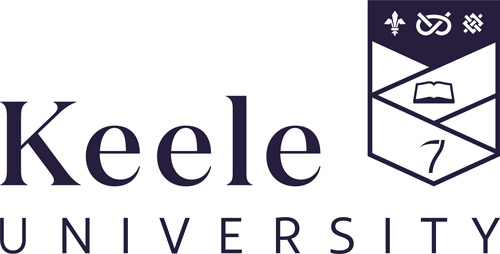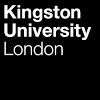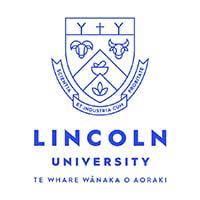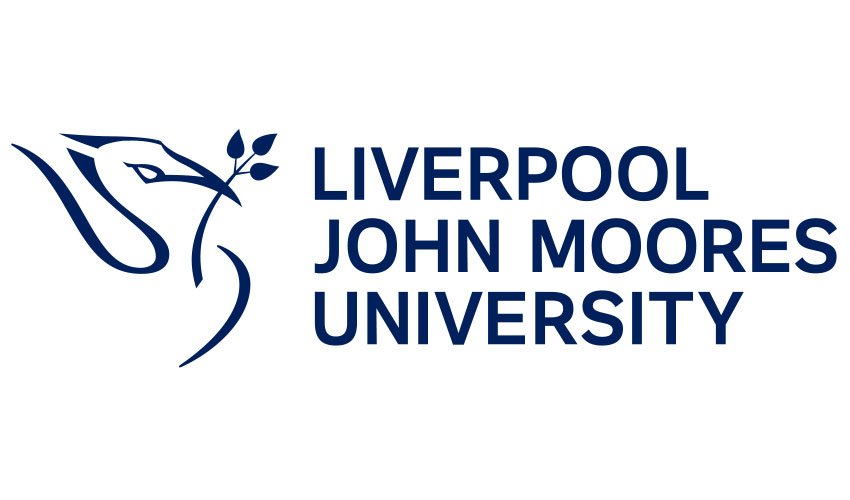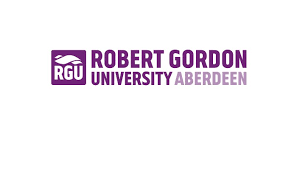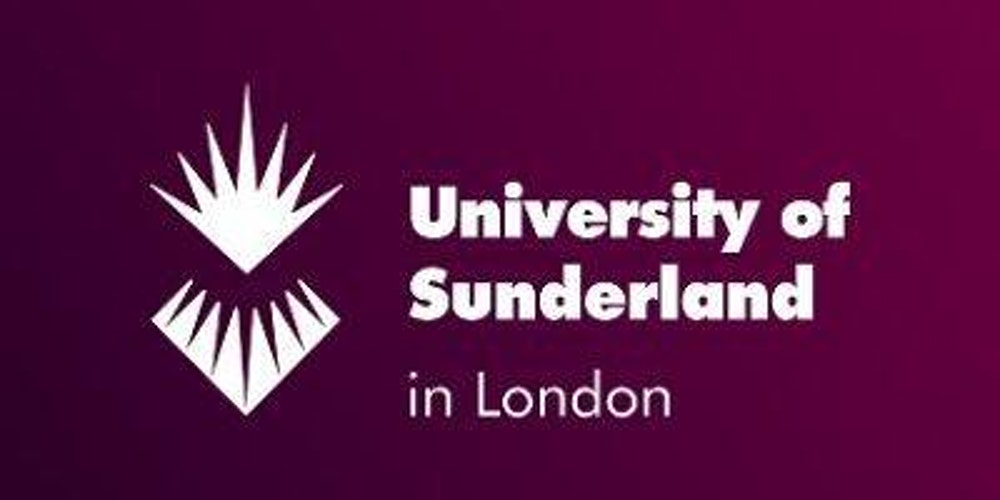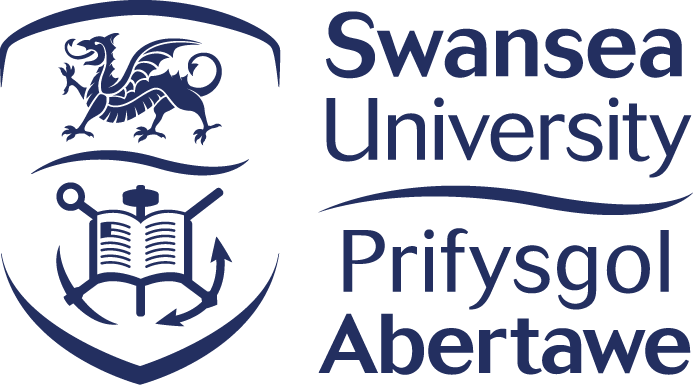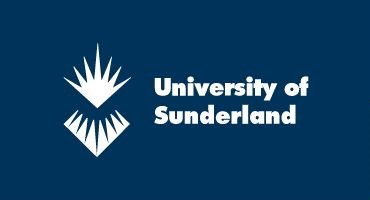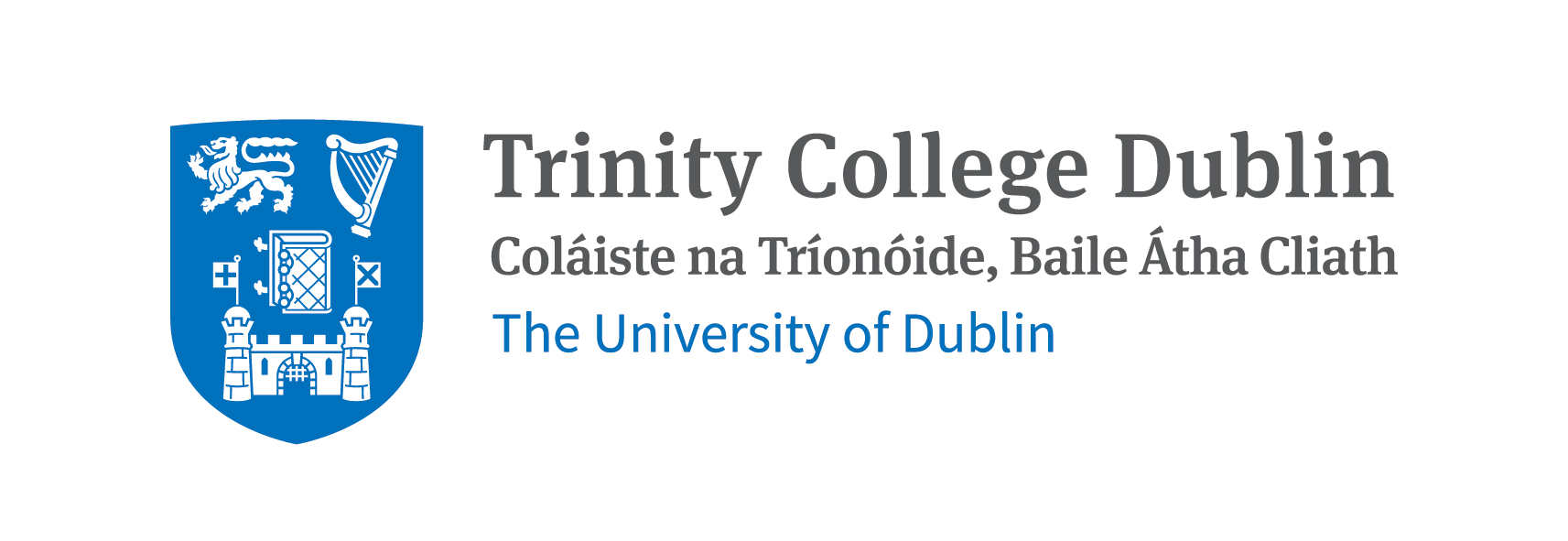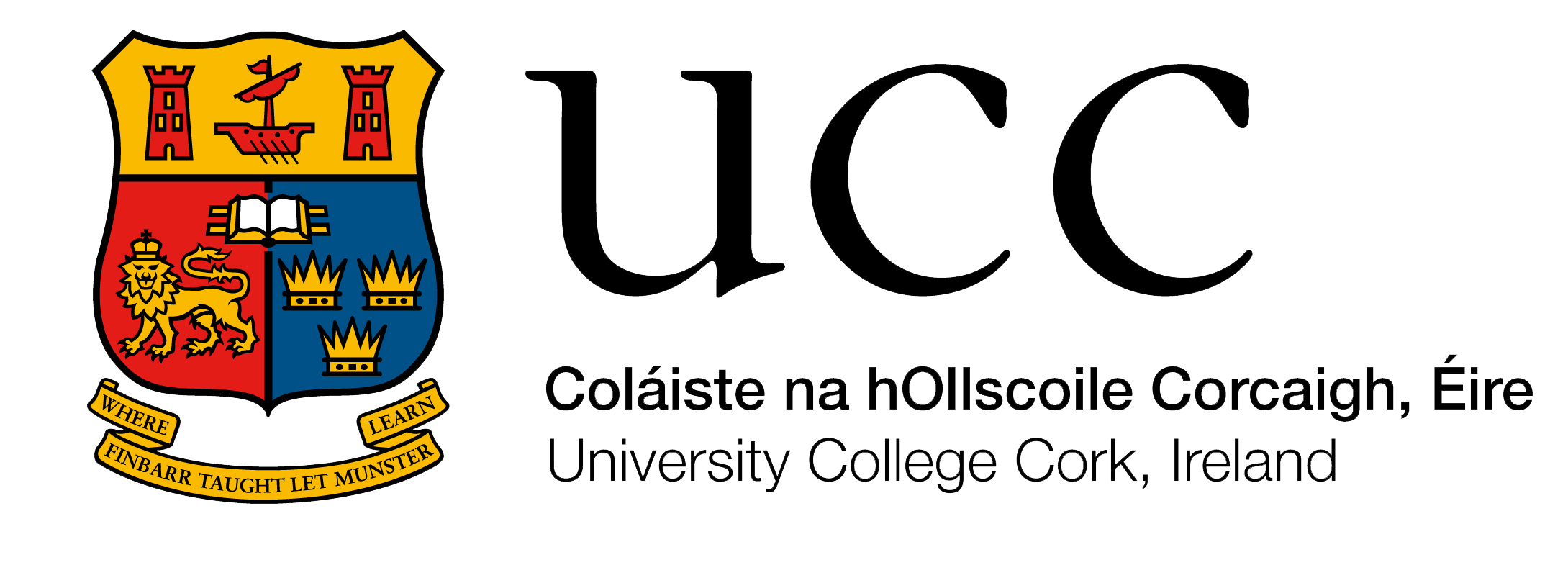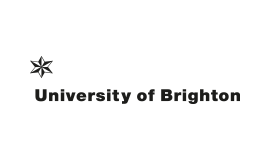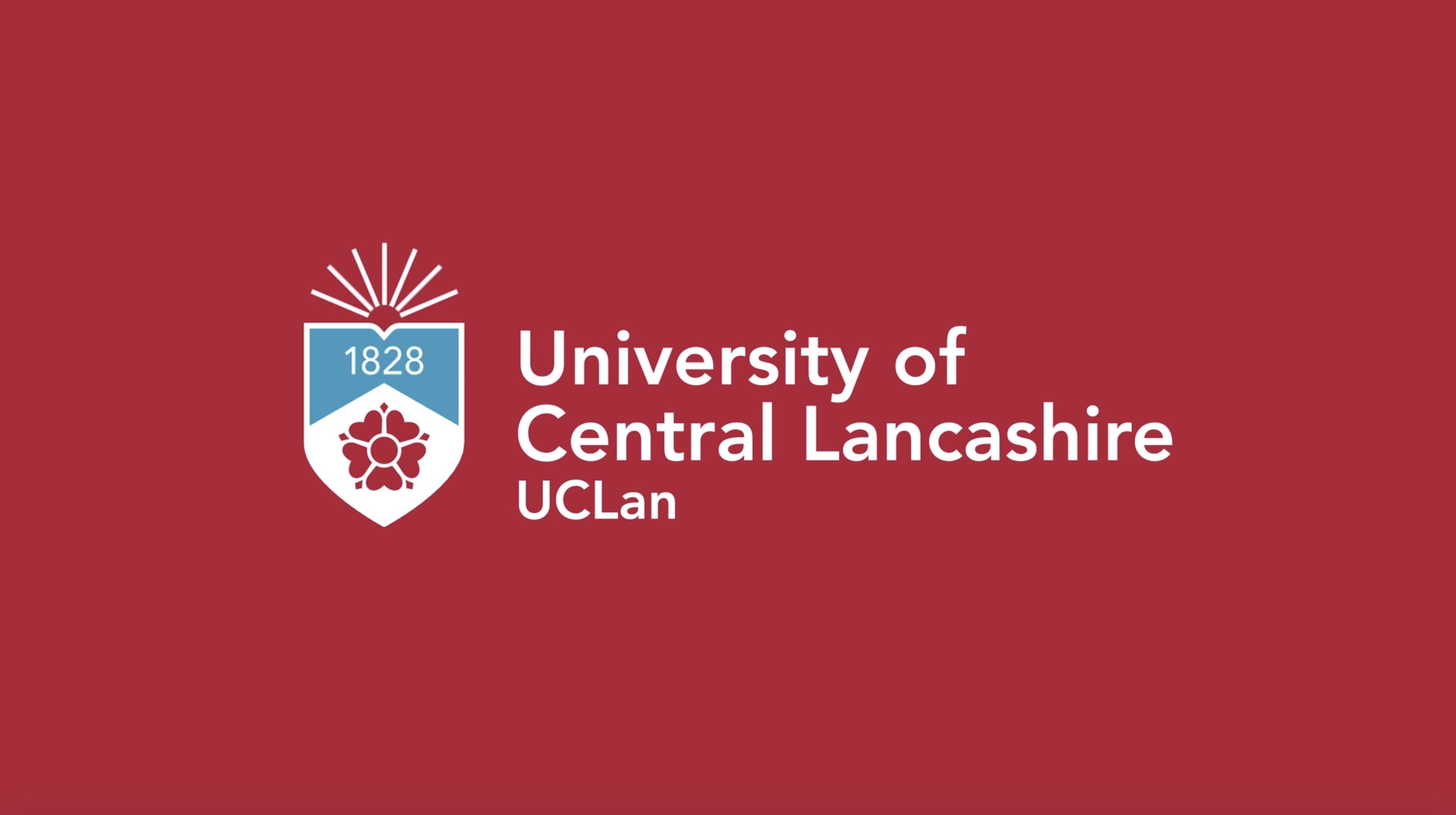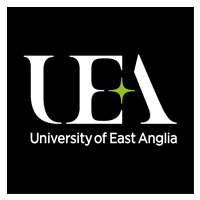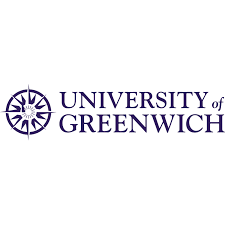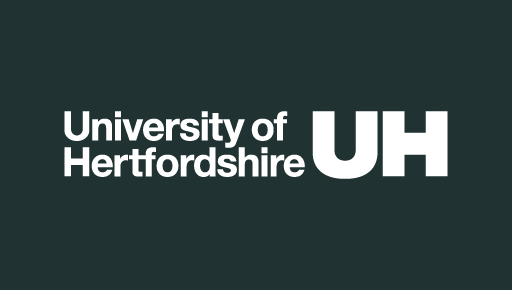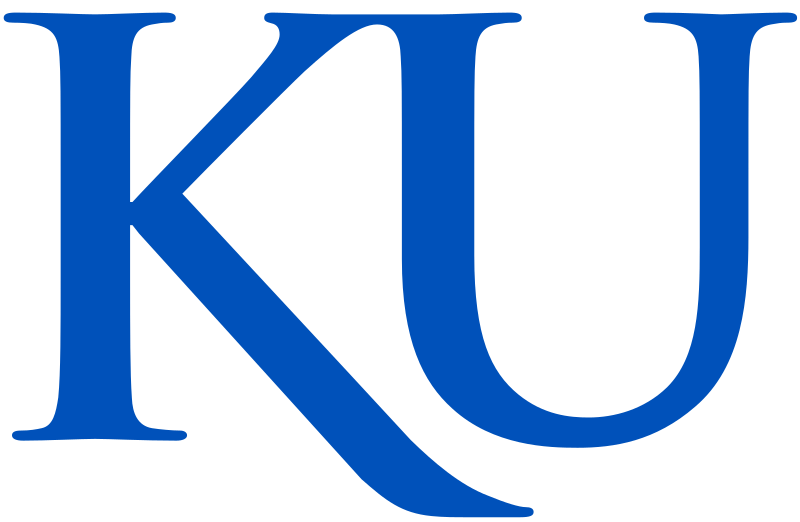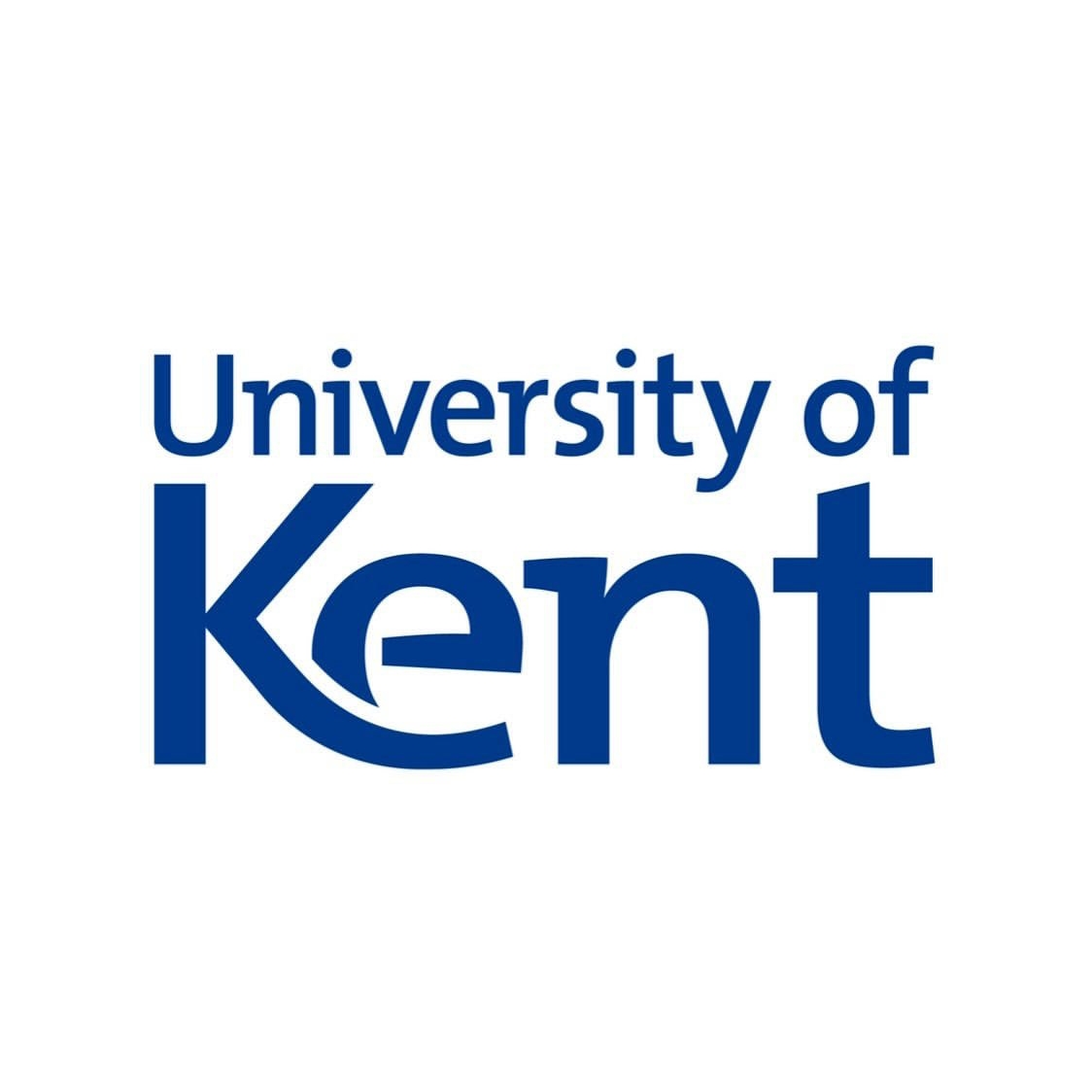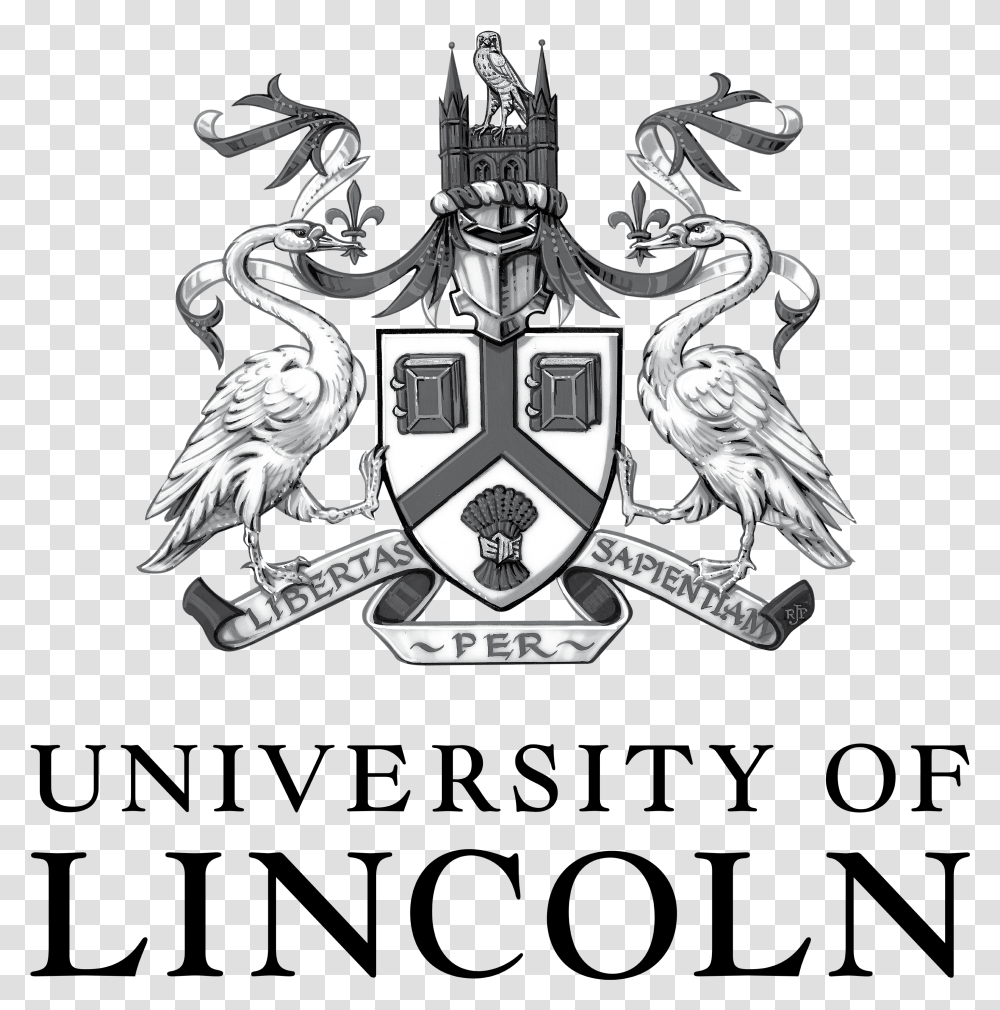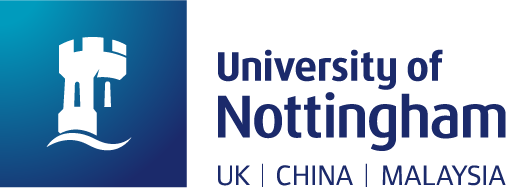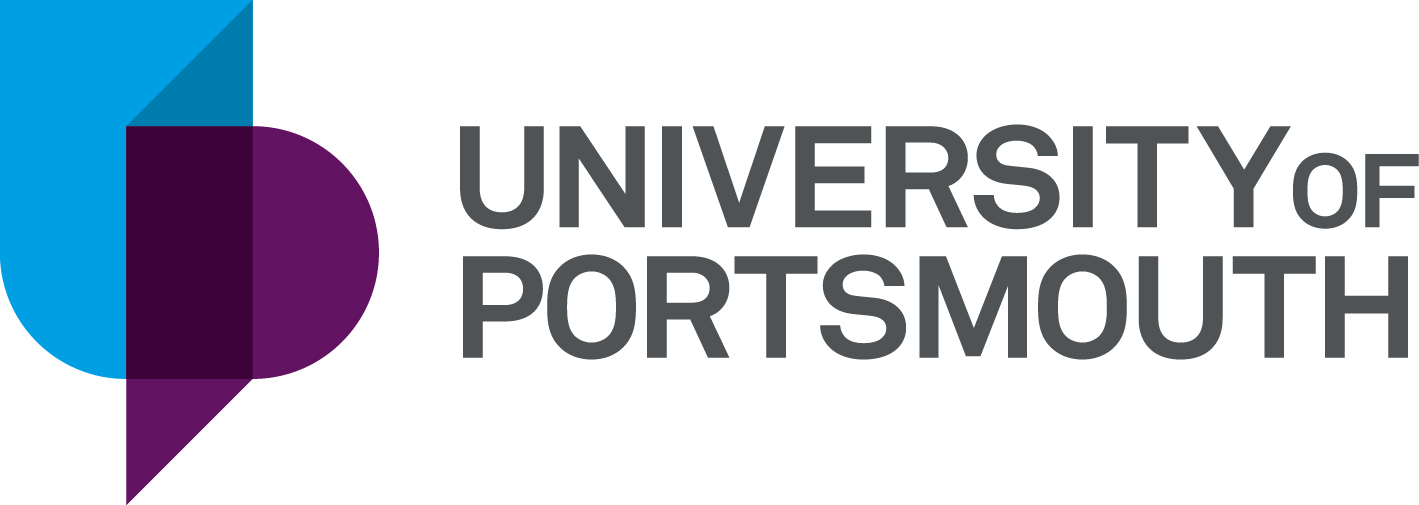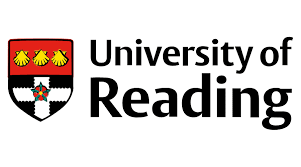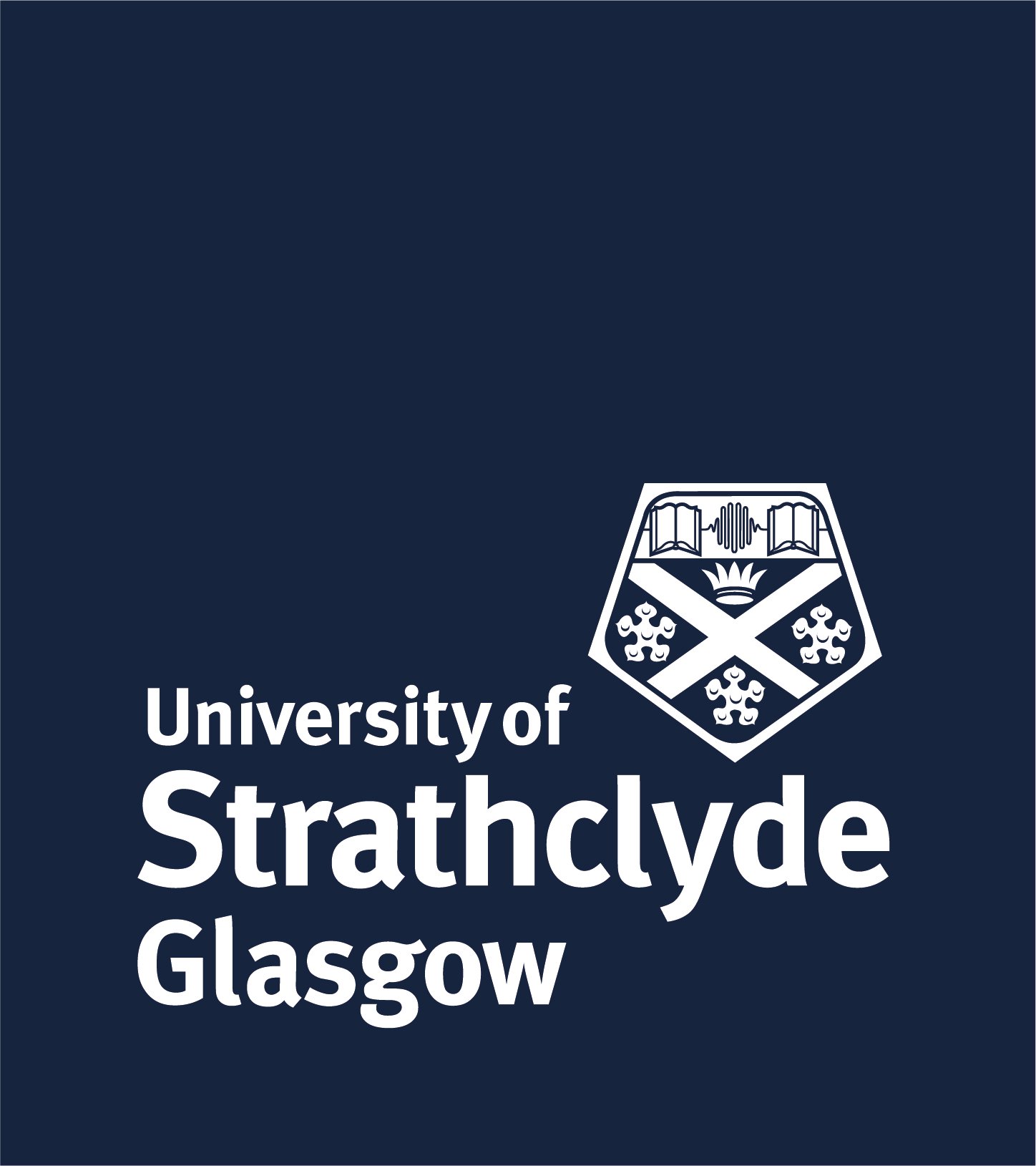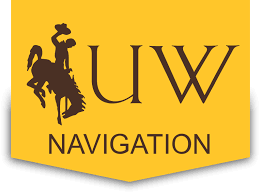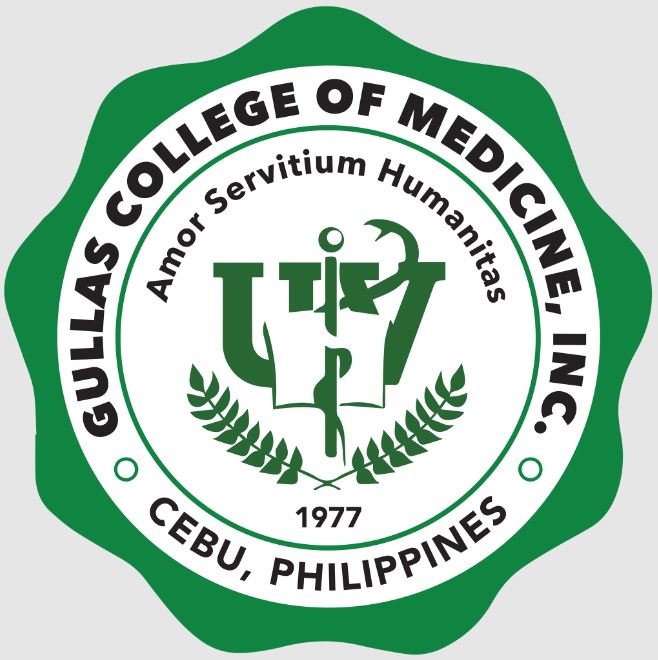Pharmacy Programs Abroad for Indian Students
Embarking on a journey to study Pharmacy abroad can be a transformative experience, opening doors to global career opportunities, cutting-edge research, and diverse healthcare systems. For Indian students, pursuing Pharmacy in an international setting offers a chance to gain a unique perspective on pharmaceutical sciences, develop advanced practical skills, and build a global network.
This page provides a comprehensive guide to Pharmacy programs available overseas, highlighting key aspects such as popular destinations, admission requirements, curriculum insights, career prospects, and the benefits of an international Pharmacy education.
Why Study Pharmacy Abroad?
Studying Pharmacy abroad offers a multitude of advantages that can significantly enhance your academic and professional trajectory:
- Global Perspective: Gain exposure to different healthcare models, drug regulations, and pharmaceutical practices across the world.
- Advanced Research Opportunities: Access state-of-the-art laboratories and participate in groundbreaking research projects.
- Enhanced Skill Development: Develop critical thinking, problem-solving, and communication skills through diverse learning environments.
- International Career Prospects: Open doors to employment opportunities in multinational pharmaceutical companies, research institutions, and healthcare organizations worldwide.
- Cultural Immersion: Experience new cultures, languages, and lifestyles, fostering personal growth and global citizenship.
- Networking: Build connections with international faculty, researchers, and fellow students, creating a valuable professional network.
Popular Destinations for Pharmacy Studies
Several countries are renowned for their excellent Pharmacy programs and welcoming environments for international students. Here are some top choices:
Types of Pharmacy Programs
Depending on your academic background and career aspirations, you can choose from various Pharmacy programs:
- Bachelor of Pharmacy (B.Pharm): An undergraduate degree typically lasting 3-4 years, providing foundational knowledge in pharmaceutical sciences.
- Master of Pharmacy (M.Pharm): A postgraduate degree (1-2 years) specializing in areas like industrial pharmacy, pharmacology, pharmacognosy, or clinical pharmacy. In the UK, MPharm is often a 4-year integrated master's that leads to professional registration.
- Doctor of Pharmacy (Pharm.D.): A professional doctorate (typically 4 years after an undergraduate degree in the US, or 5-6 years direct entry in some countries) that prepares students for direct patient care roles as pharmacists.
- Ph.D. in Pharmaceutical Sciences: A research-focused doctoral degree for those interested in pursuing careers in academia or advanced research and development.
Admission Requirements for Indian Students
While specific requirements vary by university and country, here's a general overview of what Indian students typically need:
Academic Qualifications:
- Undergraduate Programs (B.Pharm/Direct Entry Pharm.D.):
- Higher Secondary Certificate (HSC) or Indian School Certificate (ISC) with a strong academic record (typically 70-85% or equivalent) in science subjects (Physics, Chemistry, Biology/Mathematics).
- Some universities may require specific subject prerequisites or entrance exams.
- Postgraduate Programs (M.Pharm/Pharm.D. after B.Pharm):
- A recognized Bachelor of Pharmacy (B.Pharm) degree with a good aggregate score (e.g., 60-75% or equivalent CGPA).
- Transcripts from all previous academic institutions.
English Language Proficiency:
Most English-speaking countries require proof of English proficiency through standardized tests:
- IELTS Academic: Overall score of 6.0-7.5, with no band less than 5.5-7.0 (depending on the program and university).
- TOEFL iBT: Overall score of 80-100, with specific minimum scores in each section.
- Other accepted tests may include PTE Academic, Duolingo English Test (for some institutions), or Cambridge English Qualifications.
Other Documents:
- Statement of Purpose (SOP) or Personal Statement outlining your academic goals and reasons for pursuing Pharmacy abroad.
- Letters of Recommendation (LORs) from academic referees.
- Curriculum Vitae (CV) or Resume.
- Valid passport.
- Financial proof to cover tuition and living expenses.
- Portfolio of relevant experience (if applicable, for some research-oriented programs).
Curriculum Insights
A typical Pharmacy curriculum abroad is comprehensive and designed to equip students with a deep understanding of pharmaceutical sciences and clinical practice. Core subjects often include:
- Pharmacology and Therapeutics
- Medicinal Chemistry
- Pharmaceutics (Dosage Form Design and Manufacturing)
- Pharmacognosy (Natural Product Chemistry)
- Clinical Pharmacy and Patient Care
- Pharmacy Practice and Ethics
- Biochemistry and Physiology
- Microbiology and Immunology
- Pharmacokinetics and Pharmacodynamics
- Pharmaceutical Analysis and Quality Control
- Health Economics and Pharmacy Management
Many programs also incorporate practical training through laboratory sessions, simulations, and experiential rotations in hospitals, community pharmacies, and pharmaceutical industries.
Career Prospects After Studying Pharmacy Abroad
Graduates of international Pharmacy programs are highly sought after in a variety of sectors globally. Here are some potential career paths:
| Career Path | Description | Typical Employers |
|---|---|---|
| Community Pharmacist | Dispensing medication, providing patient counseling, and managing over-the-counter sales in retail pharmacies. | Retail Pharmacy Chains, Independent Pharmacies |
| Hospital Pharmacist | Managing medication for inpatients, advising healthcare teams, and compounding specialized preparations in hospitals. | Hospitals, Clinics |
| Clinical Pharmacist | Working directly with patients and doctors to optimize drug therapy, often specializing in areas like oncology, cardiology, or pediatrics. | Hospitals, Specialty Clinics |
| Industrial Pharmacist | Involved in drug discovery, development, manufacturing, quality control, regulatory affairs, and marketing within pharmaceutical companies. | Pharmaceutical Companies, Biotechnology Firms |
| Research Pharmacist/Scientist | Conducting research in academic institutions, pharmaceutical companies, or government agencies to discover new drugs or improve existing ones. | Universities, Research Institutions, Pharmaceutical R&D |
| Regulatory Affairs Pharmacist | Ensuring compliance with national and international drug regulations for drug approval, manufacturing, and marketing. | Regulatory Bodies, Pharmaceutical Companies |
| Academic Pharmacist | Teaching and conducting research in universities and colleges. | Universities, Colleges |
Many countries also offer post-study work visas, allowing international graduates to gain valuable work experience and potentially pursue permanent residency.
Accreditation and Professional Registration
It is crucial to ensure that the Pharmacy program you choose is accredited by the relevant professional body in that country. This accreditation is vital for your eligibility to register as a practicing pharmacist upon graduation. For instance:
- In the UK: General Pharmaceutical Council (GPhC)
- In the US: Accreditation Council for Pharmacy Education (ACPE)
- In Canada: Canadian Council for Accreditation of Pharmacy Programs (CCAPP)
- In Australia: Australian Pharmacy Council (APC)
After completing your degree, you will typically need to complete a period of supervised practice (internship or pre-registration training) and pass a licensing examination to become a fully registered pharmacist in your chosen country.
Financial Considerations
Studying abroad involves significant financial planning. Key costs include:
- Tuition Fees: Vary widely by country, university, and program. Public universities in some countries (like Germany) may have lower or no tuition fees for international students, while others (US, UK, Australia, Canada) can be substantial.
- Living Expenses: Includes accommodation, food, transportation, health insurance, and personal expenses. These vary significantly based on the city and your lifestyle.
- Application Fees: For university applications.
- Visa Fees: For your student visa.
- Travel Costs: Airfare and related travel expenses.
Scholarships and Financial Aid:
Numerous scholarships and financial aid options are available for international students. These can be offered by:
- Universities themselves (merit-based, need-based).
- Government bodies of the host country.
- Private organizations and foundations.
- Indian government scholarships for studying abroad.
It is highly recommended to research and apply for scholarships well in advance of your desired intake.
Student Life and Support
Universities abroad offer extensive support services for international students, including:
- International Student Offices: Provide assistance with visa applications, orientation, and integration into university life.
- Academic Support: Tutoring, writing centers, and academic advisors.
- Career Services: Help with resume building, job search strategies, and internship placements.
- Health and Well-being: Counseling services, healthcare facilities, and student welfare programs.
- Student Accommodation: On-campus dormitories or assistance with finding off-campus housing.
Engaging in student clubs, societies, and cultural events is an excellent way to make friends, explore new interests, and enrich your international experience.
Studying Pharmacy abroad is an investment in your future, offering a world-class education and unparalleled opportunities for personal and professional growth. With careful planning and research, you can find the perfect program to launch your global career in pharmaceutical sciences.




